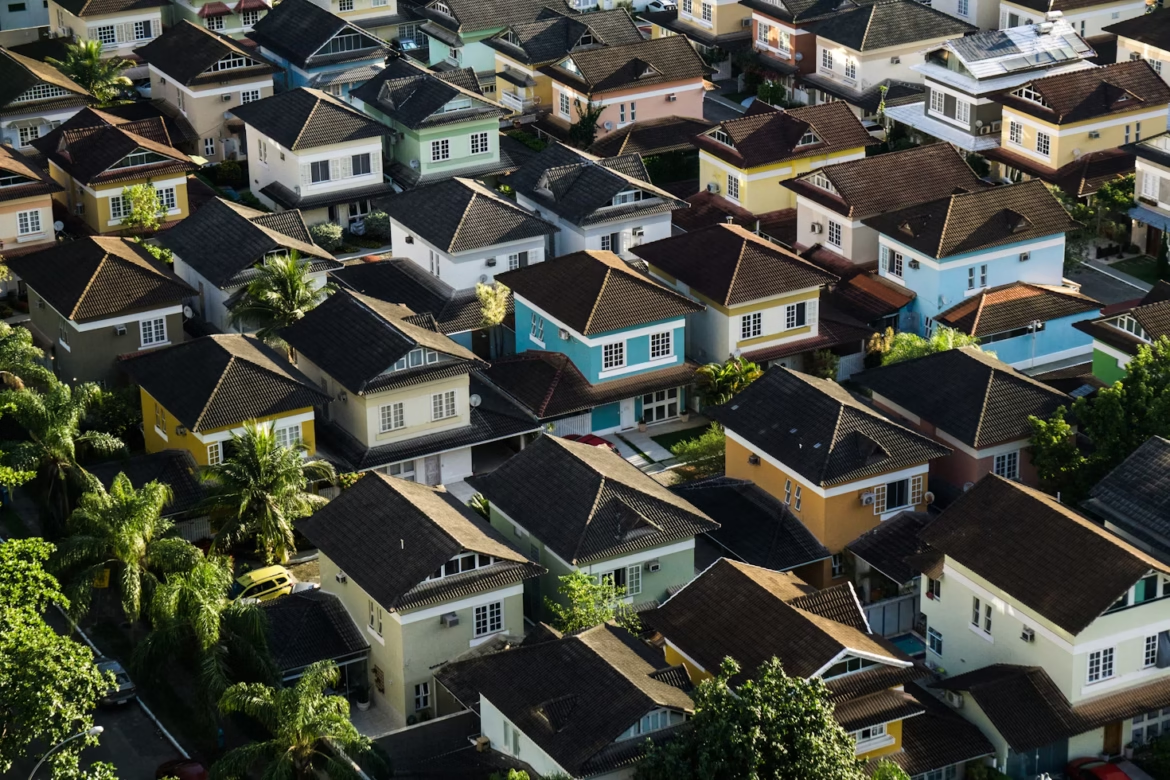Miami’s Housing Crisis Hits Boiling Point as Residents Demand Action
A City in Crisis
Miami, Florida, has long been lauded for its vibrant culture and thriving real estate market. However, the city is facing a stark challenge as the housing crisis reaches a critical juncture. Just this past weekend, thousands of residents congregated in downtown Miami, filling Bayfront Park with their grievances and demands for action. This historic demonstration highlighted the need for immediate solutions to address skyrocketing rent prices and an alarming decrease in affordable housing options.
Shifting Economic Landscape
Miami’s real estate landscape has experienced unprecedented changes, pushing the city toward an affordability crisis. Over the past year, median rents have surged by an alarming 14%, contributing to Miami’s reputation as one of the most expensive rental markets in the United States. Many families now find themselves caught in a distressing dilemma, forced to prioritize basic necessities over securing stable housing. Housing advocates argue that this trend diminishes Miami’s intrinsic value as a diverse and inclusive community.
Voices from the Grassroots
The protests served as a platform for residents to express their frustrations and highlight key demands. Among the primary requests from protesters were:
- Rent control measures
- Increased funding for affordable housing programs
- A moratorium on evictions for low-income residents
One of the leaders of the protest, Ana Gutierrez, declared, “Miami isn’t just for billionaires and tourists. It’s for the teachers, the nurses, the servers, and all the workers who make this city what it is. We’re being pushed out of our own homes, and enough is enough.” This sentiment reflected the broader community frustration that their needs and voices were not being adequately represented.
Government Promises and Criticism
In the face of the outcry, city officials, including Mayor Francis Suarez, addressed the crowd and promised the introduction of new housing initiatives. Suarez proposed allocating $100 million in city funds toward the development of affordable housing and expressed interest in exploring rent stabilization policies. However, many activists and critics contend that these proposed measures do not sufficiently address the scope of the crisis and demand more substantial reforms.
Political Implications
The housing crisis has also emerged as a pivotal issue amid the ongoing gubernatorial and presidential primaries in Florida. Candidates from various political backgrounds are making housing reform central to their platforms, proposing solutions that range from deregulation of building codes to federal rent subsidies. Analysts suggest that housing will likely become a defining issue for Miami voters, influencing electoral outcomes in the near future.
Community Responses and Sustained Advocacy
As manifestations of discontent continue, community organizations and activists are determined to maintain pressure on local government officials. The ongoing protests highlight the urgent need for effective housing policies to protect existing residents and ensure Miami remains a city for all. The fervor of the protesters is rooted in a profound fear of displacement, along with a hope that collective action can compel policymakers to make meaningful change.
Conclusion
Miami’s current housing crisis underscores a significant challenge for both residents and local leaders as they navigate the complexities of affordability and inclusivity in urban living. As the community rallies for reforms and accountability, the future of Miami hangs in the balance, with the potential for lasting change if residents’ calls for action are heeded. It remains to be seen how effective the proposed government initiatives will be and whether they can truly address the pressing issues at hand.
FAQs
What caused the sudden rise in rental prices in Miami?
The rapid increase in rental prices in Miami can be attributed to various factors including a booming real estate market, high demand for housing coupled with limited supply, and economic shifts post-pandemic which have led to increased migration to the area.
What specific actions are residents demanding from local government?
Residents are demanding several key actions from local government, including the implementation of rent control measures, increased funding for affordable housing projects, and a moratorium on evictions for low-income families.
How have local officials responded to the housing crisis?
Local officials have begun to respond by proposing new housing initiatives and pledging funds toward affordable housing development, but many believe these measures are insufficient to tackle the extent of the crisis.
Why is housing such a crucial issue for Miami voters in upcoming elections?
The housing crisis significantly affects the daily lives of residents, making affordability and housing access critical election issues. Candidates’ positions on these matters will likely influence the voting decisions of Miami constituents.
What can residents do to support housing reform in Miami?
Residents can engage in advocacy efforts by participating in community meetings, supporting local housing organizations, attending protests, and voicing their concerns to elected representatives to encourage policy changes surrounding housing affordability.

